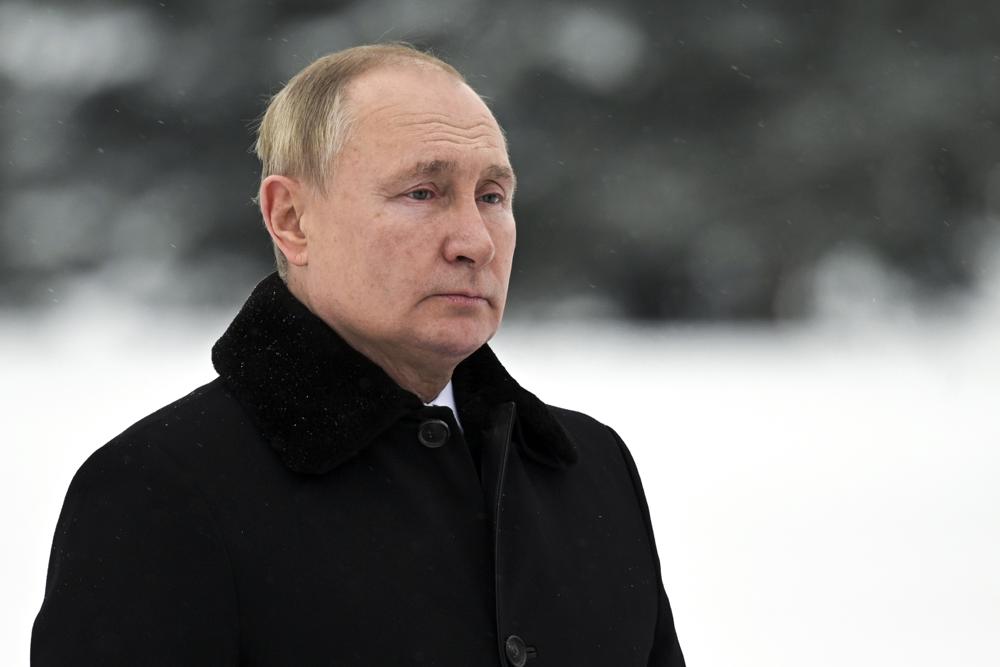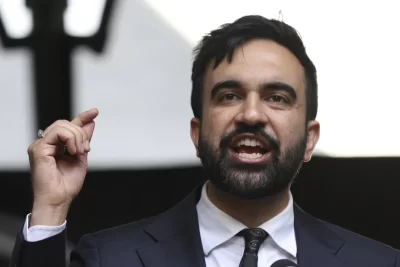
WASHINGTON — The White House and U.S. officials have threatened Russia with financial sanctions carrying “severe consequences” if it invades Ukraine, but so far plenty of people have been prime targets for Western pain.
Experts say it’s unlikely the U.S. and its allies would agree to something as sweeping as a complete ban on trade with Russia or an embargo. Rather, industries and individuals probably will continue to bear the brunt of sanctions as the crisis deepens.
The Kremlin has shrugged off the sanctions against Russian officials and business leaders imposed by the U.S. and its allies. Spokesman Dmitry Peskov said this past week that members of Congress seem to fail to notice that Russian law bans officials from having any foreign assets.
The U.S. maintains that those targeted lose substantial revenue and asset value from financial penalties that could curb, for instance, an oligarch’s shopping sprees and investments.
US: Russia to face pressure at UN over Ukraine crisis
EXPLAINER: Why US sanctions may target individual Russians
Russia moves naval exercise that rattled EU member Ireland
Russian roar on Ukraine rings hollow to Latin America allies
Geopolitics, European dependence on Russian natural gas and the sheer size of Russia are some of the reasons keeping the U.S. from subjecting Moscow to a more comprehensive embargo similar to what is seen in Cuba, North Korea and Iran.
A look at how and why the West might opt to target sanctions at specific people or industries in Russia rather than going bigger:
WHY GO AFTER INDIVIDUALS RATHER THAN ORGANIZATIONS?
Sometimes the more narrow jab is meant to avoid inflicting unintended pain on ordinary people or causing action that will boomerang back on Western interests.
A recent Congressional Research Service report said the U.S. and European Union aim to impose sanctions “in a way that could get Russia to change its behavior while minimizing collateral damage to the Russian people and to the economic interests of the countries imposing sanctions.”
Germany’s leaders have promised that the future of the new Nord Stream 2 pipeline would be “on the table” if Russia moves against Ukraine. The pipeline was built to move Russia’s natural gas directly to Germany, bypassing Ukraine. Blocking it would hit Russia’s gas exports in a crucial market.




